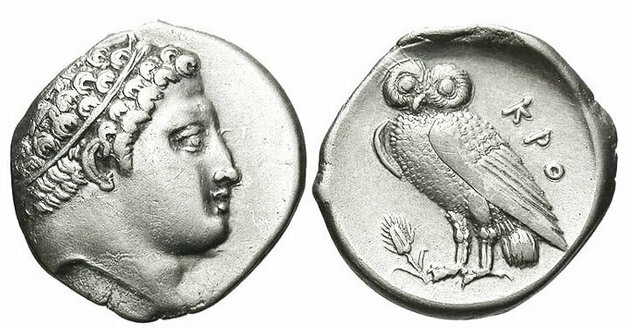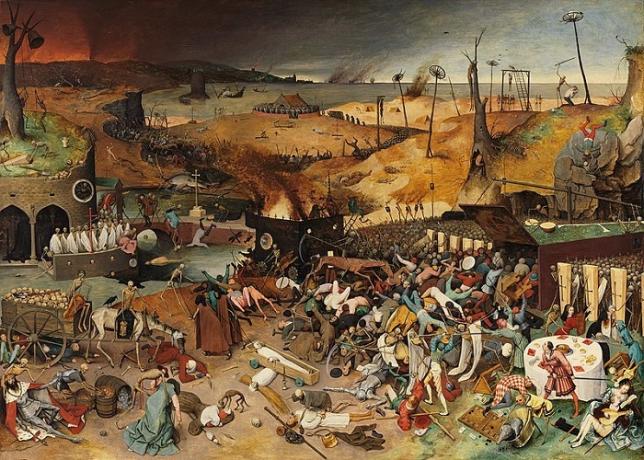O Period Aarchaic, between the years of 800 a. Ç. and 500 a. a., corresponds to the third historical period of Ancient Greece, soon after the Homeric period.
This era has profound political and economic changes due to the consolidation of city-states, from which Sparta and Athens stand out.
Ancient Greek Periods
For study purposes, the history of Greek society in Antiquity is divided into four periods:
- Pre-Homeric Period (20th - 12th century BC Ç.)
- Homeric Period (12th - VIIIth centuries Ç.)
- Archaic Period (8th - 6th centuries a. Ç.)
- Classic Period (5th - 4th centuries a. Ç.)
Characteristics of the Archaic Period

With the end of the Homeric period and the decline of the patriarchal communities of the Genoes, the expansion of the city-states dominated this period of Greek history.
Studies indicate that in this period there were more than one hundred city-states in Ancient Greece.
Democracy begins to emerge, mainly in the city of Athens, and also to a systematization of legislation.
The concept of private society arises in Greek society, which was ruled by landowners.
Economy
It was from this period that the ancient genos were transformed into larger political units called the polis or city-states.
Controlled by a land-owning aristocracy, these urban centers gradually became important commercial centers in the Greek world. Each of them possessed autonomy and independence of which the largest and most prosperous were Sparta and Athens.
Furthermore, from an agro-pastoral economy that predominated in the previous period, trade becomes one of the most important economic sources.
As the population increased and the available arable land was limited, the Greek cities founded colonies along the Mediterranean Sea.
Culture and Philosophy
At this stage, the greek art reaches its apogee with the construction of temples, the expansion of painting, sculpture and handicraft (especially ceramic objects).
This is a crucial period for philosophy, as authors stop looking for explanations in myths and using reason to understand the world.
Religion
The archaic period is the apogee of consultations with the gods, especially through the oracles.
The best known was the Oracle at Delphi, where people from all walks of life came to receive messages, spoken by the pythonesses, from the god Apollo himself.
Olympics
The Olympic Games arise in the archaic period. In addition to bringing together competitors from different parties, a truce was declared in all ongoing conflicts.
read more:
- Ancient Greece
- Athenian Democracy
- Antique
- Exercises on Ancient Greece
- greeks

